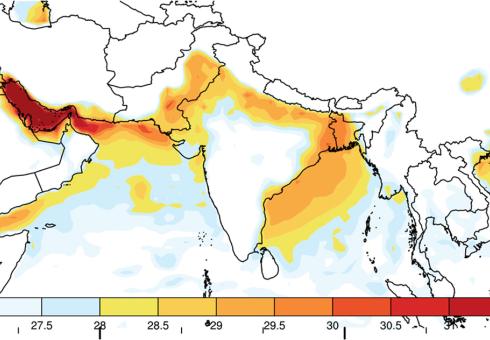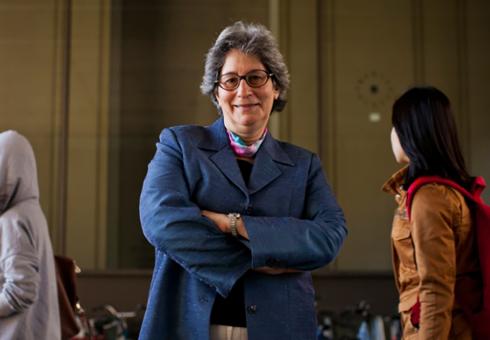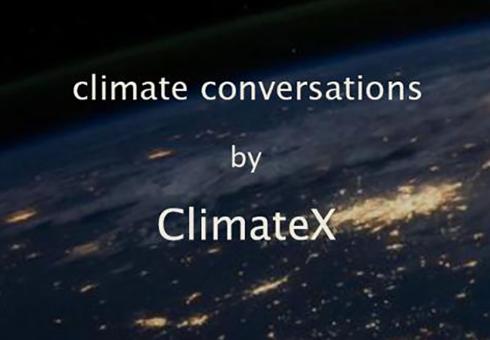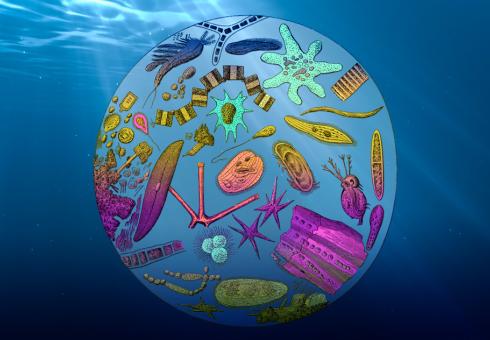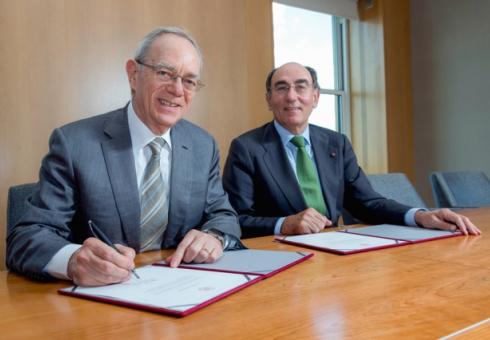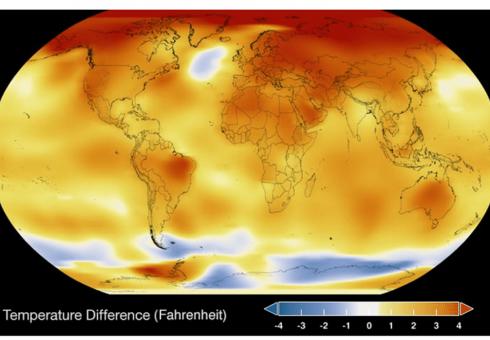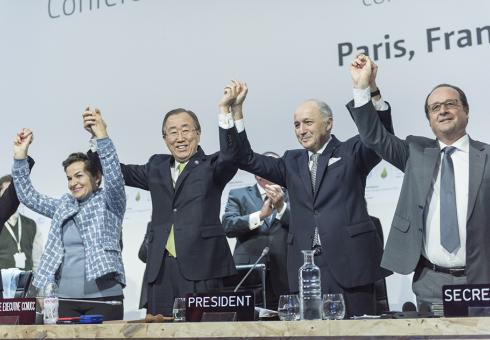CS3 In the News
Without action, climate change could devastate a region home to one-fifth of humanity, study finds
Study finds ocean circulation, coupled with trade wind changes, efficiently limits shifting of tropical rainfall patterns
MIT Joint Program-affiliated professor of atmospheric chemistry honored for her contributions to atmospheric science
Boston Globe: Study is one of the first to examine how the warming climate could affect the availability and distribution of the water basins that farmers depend on for irrigation (Additional coverage: KJZZ, Environmental Leader)
MIT Joint Program Co-Director John Reilly discusses the complex nature of climate modeling, and the challenges faced by the climate science community in the current political climate
Study finds large amounts of carbon dioxide, equivalent to yearly U.K. emissions, remain in surface waters
MIT climate scientists, including EAPS Associate Professor and Joint Program collaborator MIck Follows, have found that the ocean’s export efficiency, or the fraction of total plankton growth that is sinking to its depths, is decreasing, due mainly to rising global temperatures.
Even if we cannot predict the climate and its impacts with precision, that does not mean that the best strategy is to do nothing, writes MIT Joint Program Deputy Director Sergey Paltsev in IIASA Options Magazine
Climate Home: China is planning the world’s biggest carbon market, but with little detail given for its design, praise for the scheme is premature. Joint Program research assistant Emil Dimantchev comments.
NPR Marketplace: MIT Joint Program Co-Director John Reilly comments on the economic and societal impacts of heat waves, which are becoming more frequent under climate change
Funding will establish MIT professorship and support low-carbon energy and climate initiatives
Washington Post: MIT Joint Program-affiliated EAPS Prof. Kerry Emanuel co-authors op-ed critiquing the EPA administrator's call for opposing teams to debate climate change science
FactCheck.org: The 0.2 C figure “reflects only the incremental effect of Paris when built upon all the previous commitments made through the UNFCCC,” and “assumed no further strengthening of national commitments in years after 2030,” says MIT Joint Program Co-Director John Reilly.

